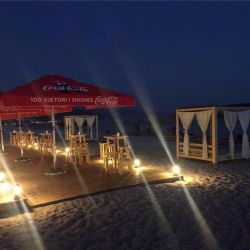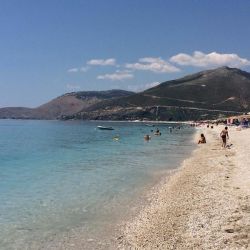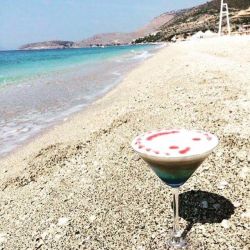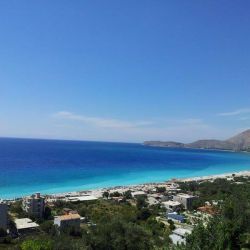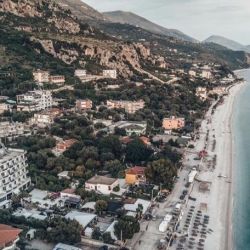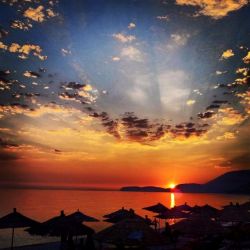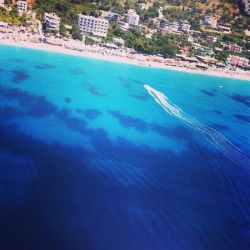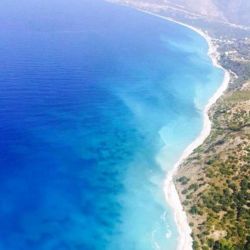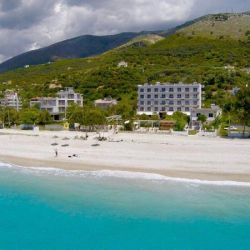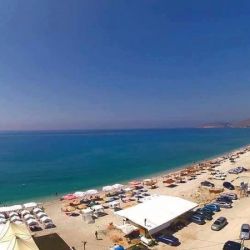Holidays - hotels in Borsh Albania
Based on the geographic position, the natural assets and the configuration of the Gjakova / Djakovica area with the surroundings we can assume that this area was inhabited since prehistory. Tumulus cemeteries in the nearby villages of Brekoc and Moglicë and other occasional finds testify to the lives of the Illyrians in this area.
For the first time, in the Middle Ages, Gjakova is mentioned as a village, bazaar in 1485.
In 1594/5 Sylejman Hadim aga built the Hadum Mosque, school, library, ate, hamam and muvah han, a facility for measuring time and scheduling the calendar with the help of astrological quads, which were the nucleus around which the Great Carpathian .
In 1662, Gjakova was mentioned for the first time as a city by Ottoman trackwoman Evlia Çelebiu, who wrote: "Jakova has two thousand adorned houses that took place over a wide area. There are two beautiful mosques, masjids, leaded hani ... There is a beautiful hammam to delight the heart and a three hundred shops with a thousand kinds of craftsmen. Since it has a pleasant climate, the residents are beautiful and pleasant ".
Forms of city naming changed over the centuries. The oldest form Jakova flows from the root Yak anthropon spread among the local Albanians and the octagon osmanishte ovasi which means the field. So yak owl means the fields of Yakut, because Jak Vula, according to tradition, allowed Hadum agas to build the mosque and the mentioned facilities provided that the next town was named after his name.
The denomination Jakov is in all sources until 1912, after the Serbian occupation, when he eventually gave the name Gjakova to Albanians and Gjakovica for Serbs.
